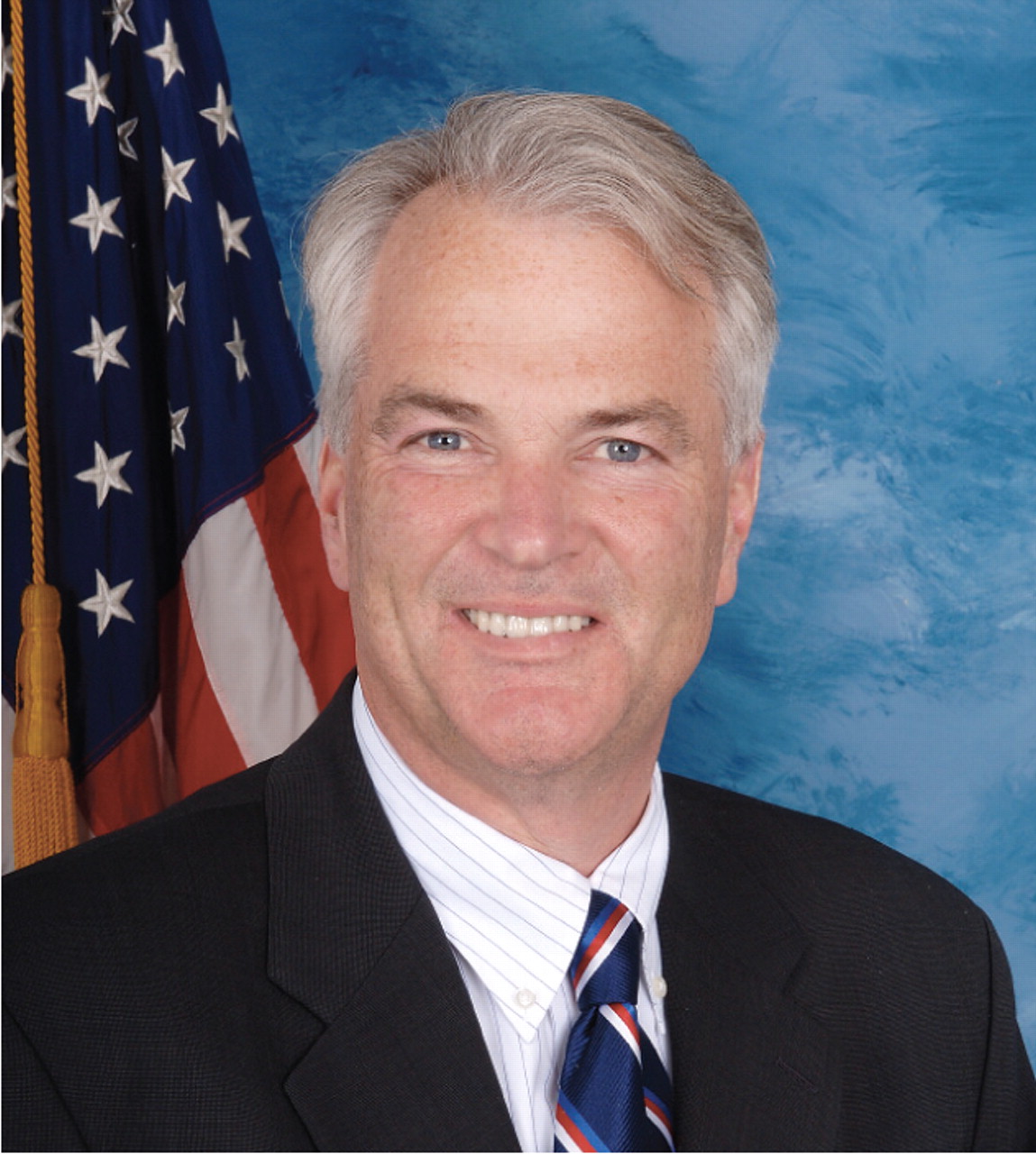A bipartisan coalition in Congress has called for a $300 million boost in mental health spending by the Department of Defense (DoD) in response to a soldier's deadly rampage at one of its psychiatric treatment centers in Iraq.
In May Rep. Michael McMahon (D-N.Y.) and 50 other Republican and Democratic members of Congress formally requested a boost in spending for mental health programs and a comprehensive postdeployment psychological screening program for all service members returning from combat zones. The request was sent to Rep. John Murtha (D-Pa.), chair of the House Defense Appropriations Subcommittee, who will be writing the DoD Fiscal 2010 spending bill.
“We need to make sure the Department of Defense has the necessary resources to address this growing problem and soldiers are able to get the necessary help they deserve,” said Rep. Tom Rooney (R-Fla.), who signed onto the request.
The request for additional funding was welcomed by APA and veterans groups, which have sought increased funding for several years.
“This additional funding would be a good overall boost in the military's mental health resources,” said Lizbet Boroughs, associate director of APA's Department of Government Relations.
The funding increase is identical to that requested by the Obama administration as part of its budget released earlier in May. The DoD Fiscal 2010 budget already included requests for $400 million for traumatic brain injury (TBI) research, screening, and treatment and $800 million for improving the hiring and retention of psychiatrists and mental health professionals.
The additional funding is needed, according to Rep. Dan Maffei (D-N.Y.), because long and successive combat deployments have put “a significant burden” on the mental health of soldiers and strained the ability of families to cope with the absence of the service member.
“We owe it to our brave men and women to provide assistance for all of their medical needs, physical and mental, to ensure that when they return from battle, they have a fighting chance to have a stable life again at home,” Maffei said.
Rep. Bob Filner (D-Calif.), chair of the House Veterans Affairs Committee, also sought quick action on a bill—the Veterans Mental Health Screening and Assessment Act (HR 1308)—that would require mandatory mental health and TBI screenings for service members within six months of their return from a combat zone.
The mandatory-screening approach is needed, Filner said, to overcome the stigma associated with mental illness that has kept some service members who need care for posttraumatic stress disorder (PTSD) or TBI from voluntarily coming forward for testing. Many fear that seeking care for a mental disorder will have a negative impact on their military career and chances for promotion.
“Mandatory medical evaluations by competent medical personnel are vital to the health of our troops and veterans so they can access the appropriate support services,” Filner said. “Our service members deserve an accurate postdeployment health assessment, and they need to know that help is available if they need it.”
Legislation to mandate face-to-face screening by a licensed medical professional is one of the top priorities of the Iraq and Afghanistan Veterans of America (IAVA). The group recently launched a nationwide publicity campaign to offer support and mental health resources to new veterans and to their families and friends.
“Much more must be done to address troops' psychological injuries before they reach a crisis point,” said Paul Rieckhoff, founder and executive director of IAVA, in a written statement.
Apart from the issue of mandatory screening of active-duty military, expansion of existing psychiatric screening for combat veterans also has been urged by veterans groups and APA. In addition to increases for the DoD budget, Obama's 2010 budget request would expand the mental health screening and treatment services offered by the Department of Veterans Affairs (VA). The Fiscal 2010 VA budget focuses on improving screening of veterans in rural areas, which it would achieve through an increased number of Vet Centers and mobile health clinics that provide assessment and treatment in sparsely populated areas.
More information on the Obama administration's Fiscal 2010 budget is posted at<www.whitehouse.gov/omb/fy2010_department_defense/>. The text of HR 1308 can be accessed at<http://thomas.loc.gov> by searching on the bill number. ▪

